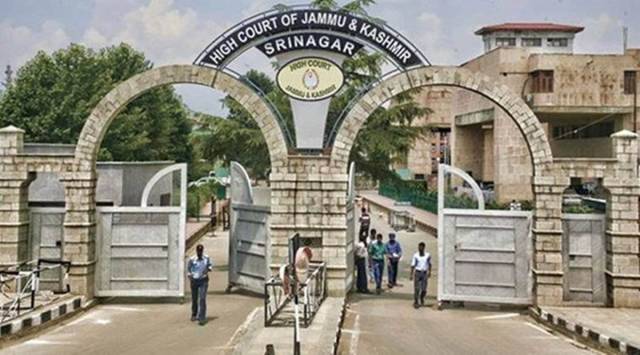IIOJK’s justice system grapples with backlog as thousands awaiting trial

Srinagar: Indian illegally occupied Jammu and Kashmir continues to grapple with an overwhelming backlog of over 3.79 lakh pending cases in its courts, a challenge compounded by the detention of thousands of Kashmiris since the revocation of Article 370 in August 2019.
According to Kashmir Media Service, the revelations came from a statement by Arjun Ram Meghwal, Indian Minister of State for Law and Justice, during a Lok Sabha parliamentary session in New Delhi.
Citing India’s National Judicial Data Grid (NJDG) figures as of November 30, 2024, the Minister disclosed that 3,32,802 cases are pending in the District and Subordinate Courts of occupied Jammu and Kashmir, while the High Court of Jammu and Kashmir and Ladakh faces a backlog of 45,464 cases. Ladakh has 1,456 unresolved cases in its courts.
The judiciary’s burden coincides with a surge in arbitrary arrests post-August 2019, when thousands of Kashmiri civilians, including political leaders, activists, and youth, were detained under the Public Safety Act and other controversial laws. This influx of detentions has exacerbated the pendency crisis in the territory’s legal system.
Legal experts and human rights activists argue that the detentions since 2019 have placed an extraordinary burden on the judiciary. Cases of unlawful detentions, many of which are yet to be heard, highlight the territory’s systemic challenges. Advocacy groups have consistently raised concerns about access to justice for those arbitrarily detained, especially under draconian laws like the Unlawful Activities (Prevention) Act (UAPA).








